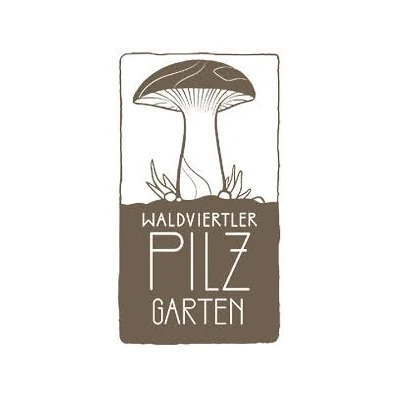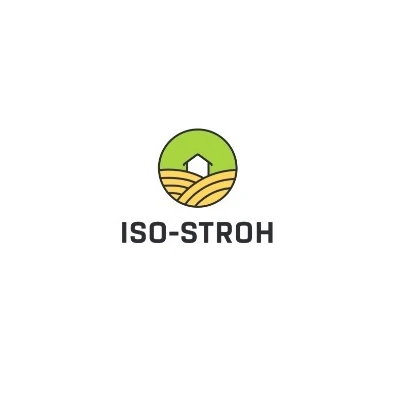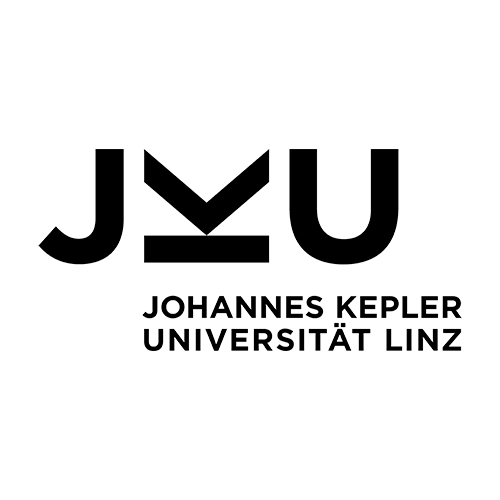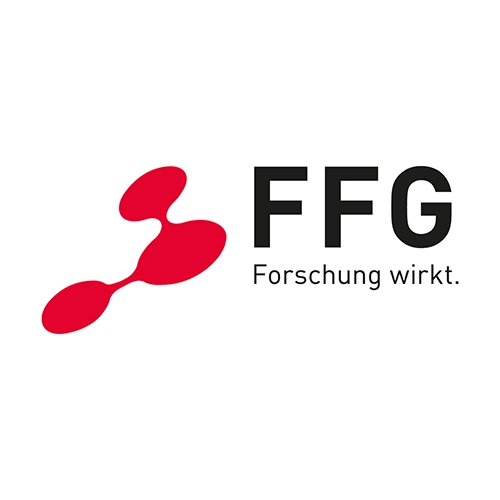Project goals & contents:
The idea of using fungal mycelium as a binding agent for lignocellulosic materials is not new. There are currently numerous approaches, research groups and companies around the world working on this exciting topic. Wood K plus has also been working on this issue in the field of solid wood and wood composites for some time, pursuing various ideas and exchanging information with different corporate partners. The result was the Myco-Insulation project, which was submitted to the FFG’s 34th Bridge call for proposals in autumn and approved in December. The central research topic of the three-year project, which started on 1 February 2022, is the development of a cross-sector utilisation concept for plant residues from edible mushroom cultivation for bio-based insulation materials. The project partners are the Institute for Experimental Physics at JKU Linz, DPM Holzdesign GmbH and Waldviertler Pilzgarten.
The cultivation of edible and medicinal mushrooms produces many tonnes of spent lignocellulosic mushroom substrate as waste material every day, which has previously been disposed of directly as compost or fuel. A higher-value use as a raw material for the production of building materials such as insulation materials is therefore highly desirable. Initial experiments and existing studies indicate the versatility of materials made from biogenic residues with fungal mycelium as the sole binding agent (known as ‘mycomaterials’). Such mycomaterials are particularly sustainable, both ecologically and economically, due to their low production costs and perfect recyclability in terms of the bioeconomy.
The Myco-Insulation project is looking into making mushroom-bound insulation boards from straw and other lignocellulosic substrates that are left over from large-scale cultivation of edible and medicinal mushrooms. The aim is to conduct laboratory-scale trials to optimise the growth parameters and harvesting processes in mushroom cultivation in such a way that, on the one hand, a maximum yield of high-quality mushroom fruiting bodies is obtained and, at the same time, the resulting fruiting substrates can be used immediately as ‘ready-to-use’ panel insulation material.
The major challenge in the Myco-Insulation project is to design and control the growth processes in such a way that a specified shape is used to create myco-materials with homogeneous, smooth and dense surface structures that are light and porous enough yet still have the necessary strength. not only have the required insulating properties, but also be easy to process and work with. At the same time, the same growth process should be used for the ‘cross-sectoral’ cultivation and harvesting of fungal fruiting bodies, which should be optimised in line with the requirements for edible and medicinal mushroom production.
The resulting, fully biodegradable materials are a natural plant fertiliser thanks to the valuable ingredients contained in the fungal mycelium (glycoproteins, vitamins, minerals, essential amino acids, enzymes, etc.), as they are returned to the cycle during composting and can thus be used for the production of new plants and new raw materials.

Lead partner:
Wood K plus - Kompetenzzentrum Holz GmbH
Project lead:
Dr.in Cornelia Rieder-Gradinger
Project partners:
JKU Linz – Inst. für Experimentalphysik, Waldviertler Pilzgarten, DPM Holzdesign GmbH
Project periode:
February 2022 – January 2024
Research programme / Project ID:
Wissenschaftstransfer Bridge - FFG, 2022 -2024 Myco-Insulation 891082
Funding:
The project is funded by the FFG.




